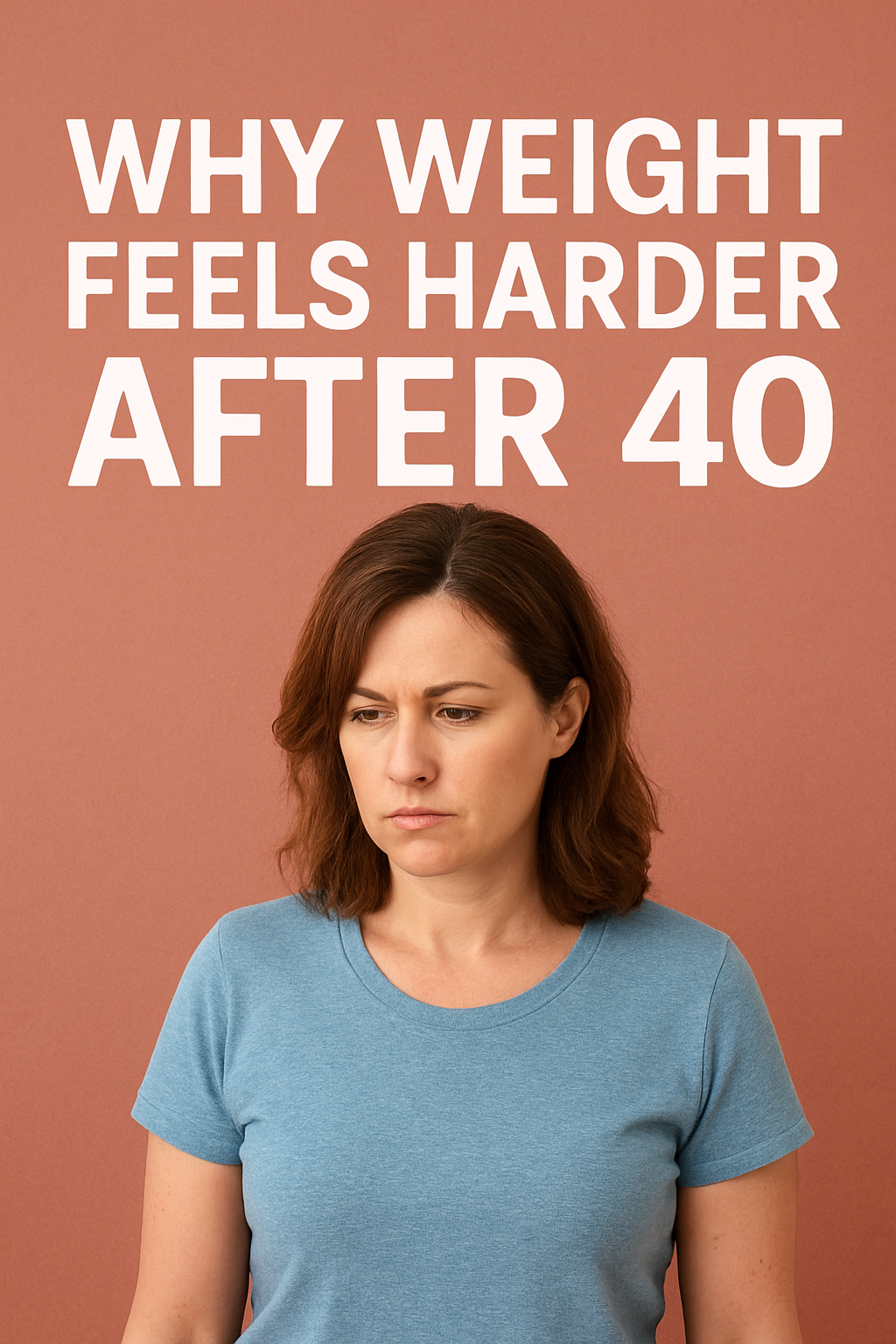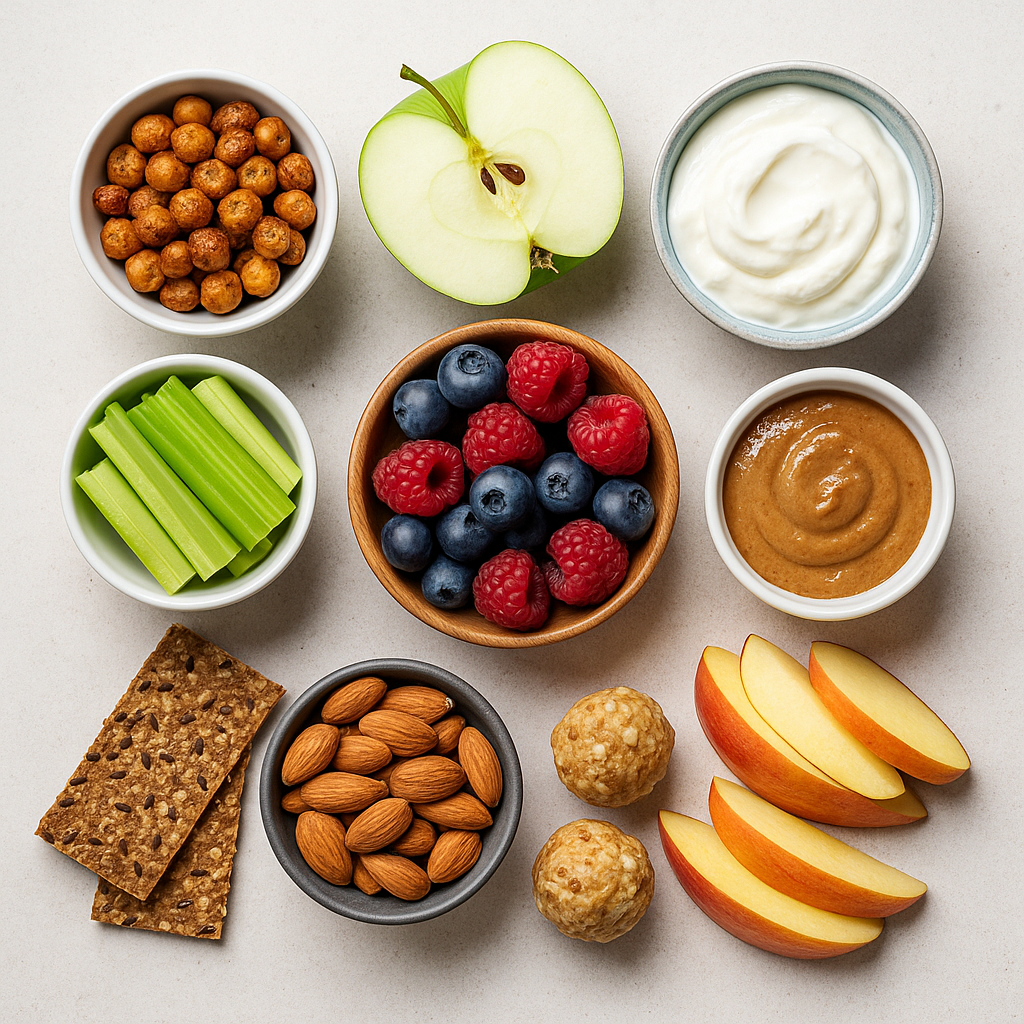Have you noticed that, even when you eat the way you always have, the weight seems to creep up more easily after 40? You’re not imagining it. Many professionals in their forties and beyond feel frustrated that what worked in their thirties no longer has the same effect.
The truth is, your body is changing — and nutrition plays a central role in helping you adapt.
The Science of Change After 40
Several shifts happen in our forties that make weight management more challenging:
- Hormonal changes: Fluctuations in oestrogen, progesterone, and testosterone can affect metabolism, appetite, and fat distribution.
- Loss of muscle mass: We naturally lose muscle as we age, which slows down the metabolism.
- Gut health imbalances: Years of stress, rushed meals, or processed foods can affect digestion and nutrient absorption.
- Stress and busy lifestyles: High cortisol levels encourage fat storage and increase cravings for sugar and refined carbs.
The Nutritional Fixes That Work
The good news? You don’t need to resign yourself to weight gain as “just ageing”. Nutrition can make a profound difference.
- Balance blood sugar: Pair carbohydrates with protein and fibre to avoid energy spikes and crashes. Eating fibre-rich foods first helps reduce glucose surges.
- Prioritise protein: Include protein at every meal to maintain muscle mass and support metabolism. Beans, lentils, nuts, seeds, eggs, fish, and poultry are all excellent choices.
- Support gut health: Fibre and fermented foods like yoghurt, kefir, or sauerkraut can help restore balance and improve digestion.
- Choose healthy fats: Olive oil, nuts, seeds, and oily fish support hormones, brain health, and satiety.
- Mindful portioning: Take inspiration from the Blue Zones, where people stop eating when they feel 80% full. This mindful habit prevents overeating without restriction.
Lifestyle Support
Nutrition is the foundation, but lifestyle habits work hand in hand:
- Stay active: Build natural movement into your day — walking, gardening, or yoga.
- Protect sleep: Poor sleep disrupts hunger hormones and makes cravings worse.
- Manage stress: Simple practices like breathwork, journalling, or a short walk can calm cortisol levels.
Final Thought
Weight management after 40 doesn’t have to feel like an uphill battle. With the right nutritional shifts, you can support your metabolism, balance your hormones, and feel lighter and more energised.
Small, consistent changes — not drastic measures — are what truly make the difference.
Milvia Pili, FNTP
Nutritional Therapist




